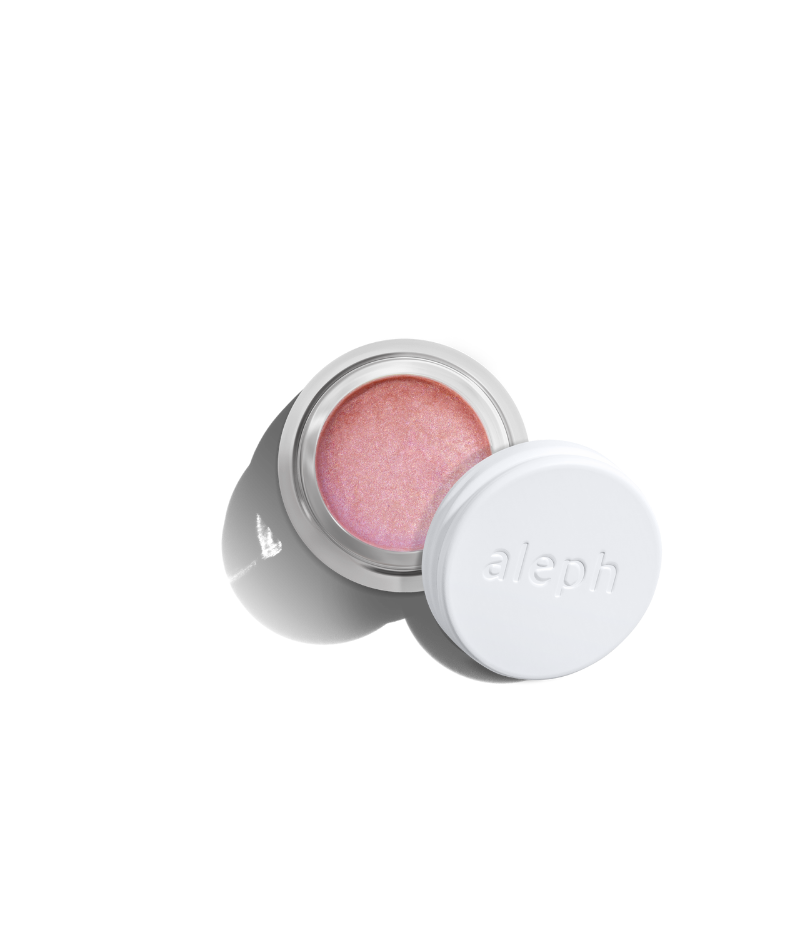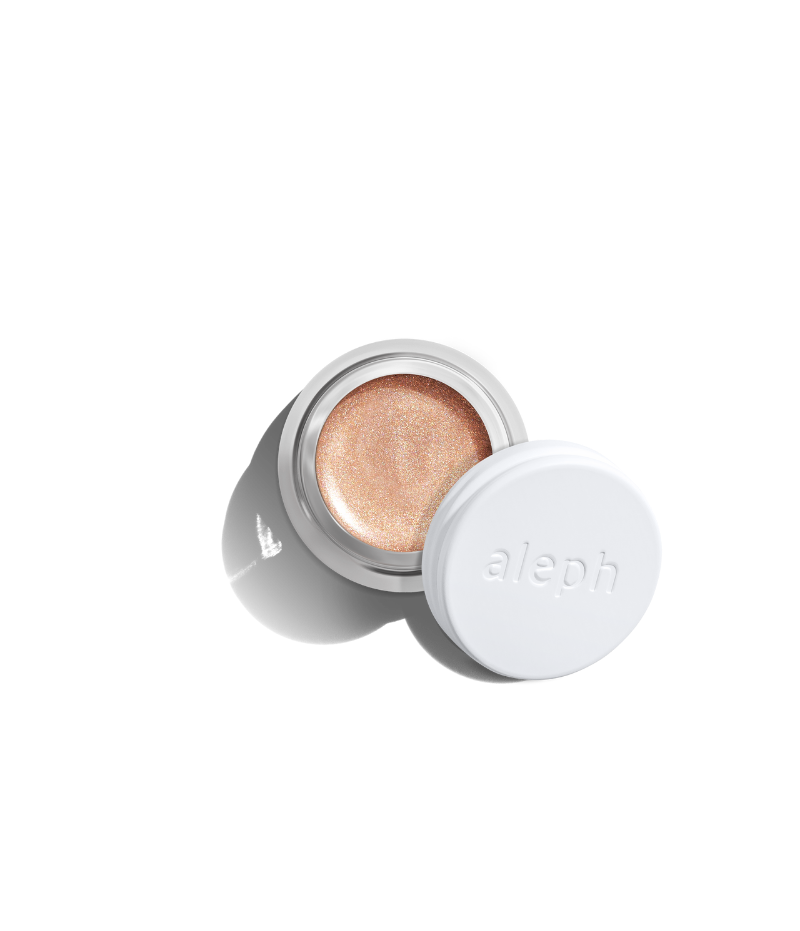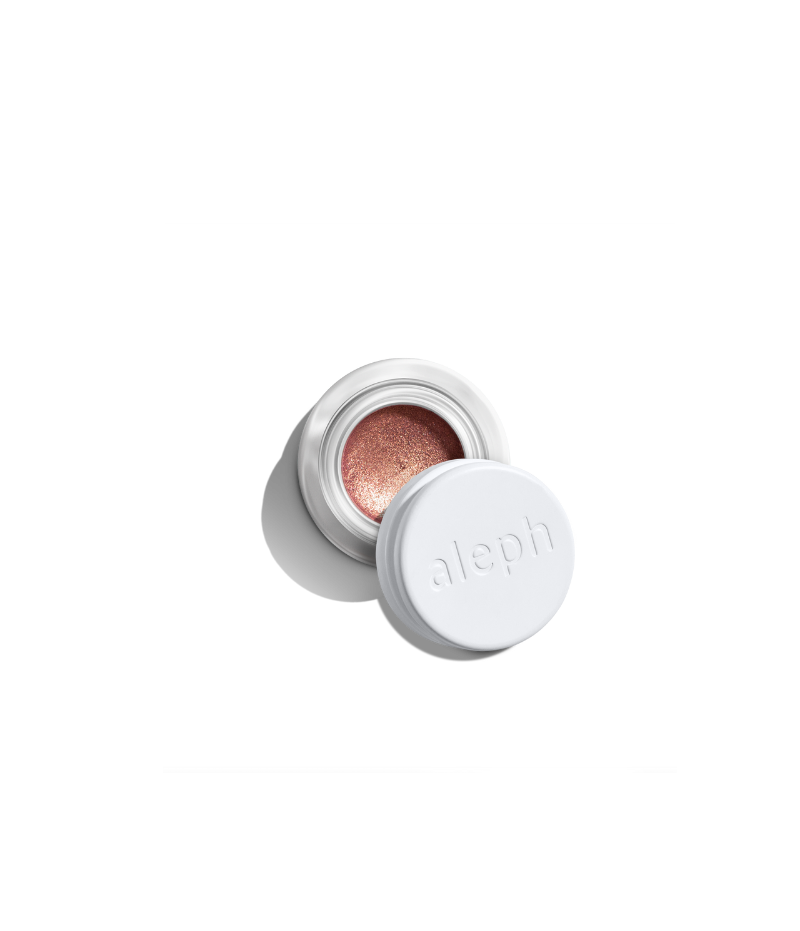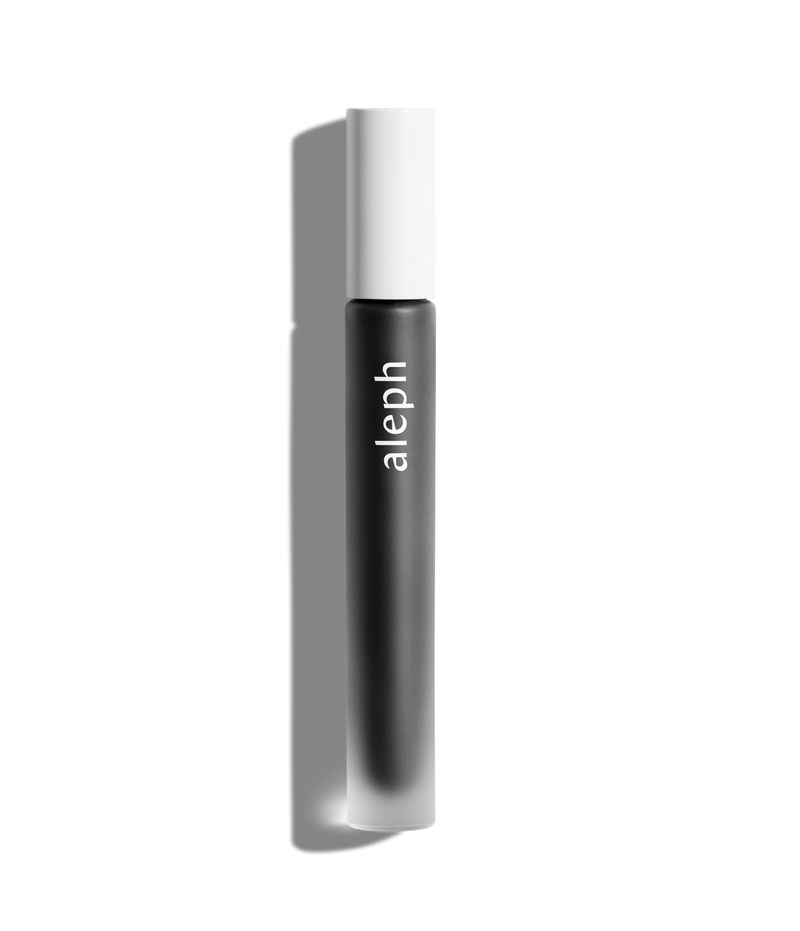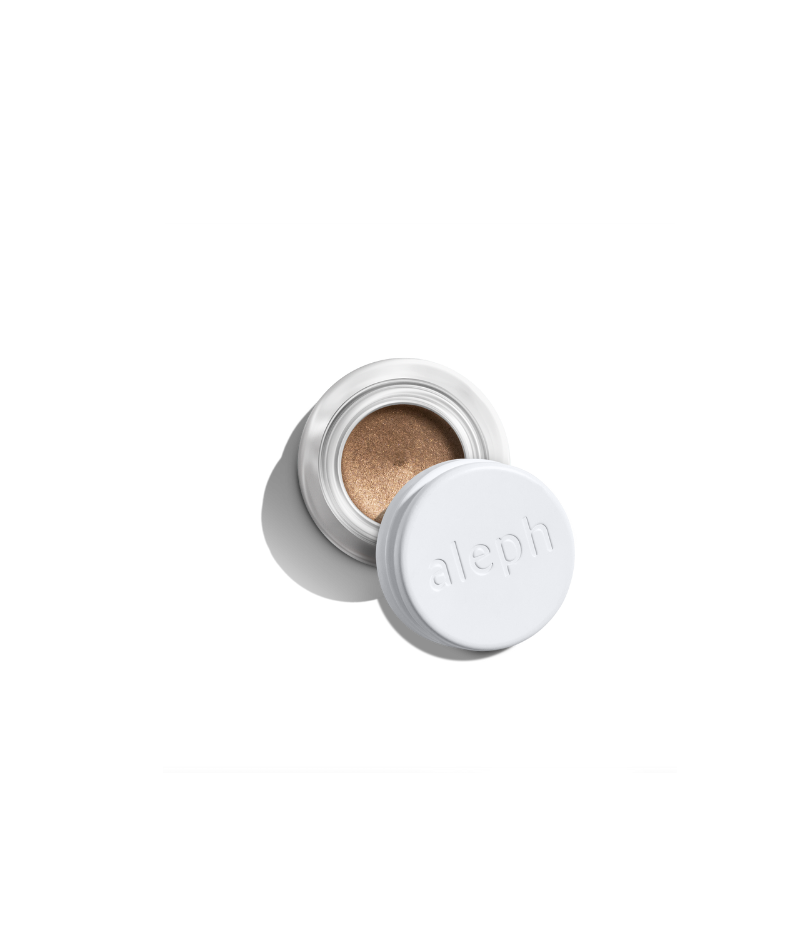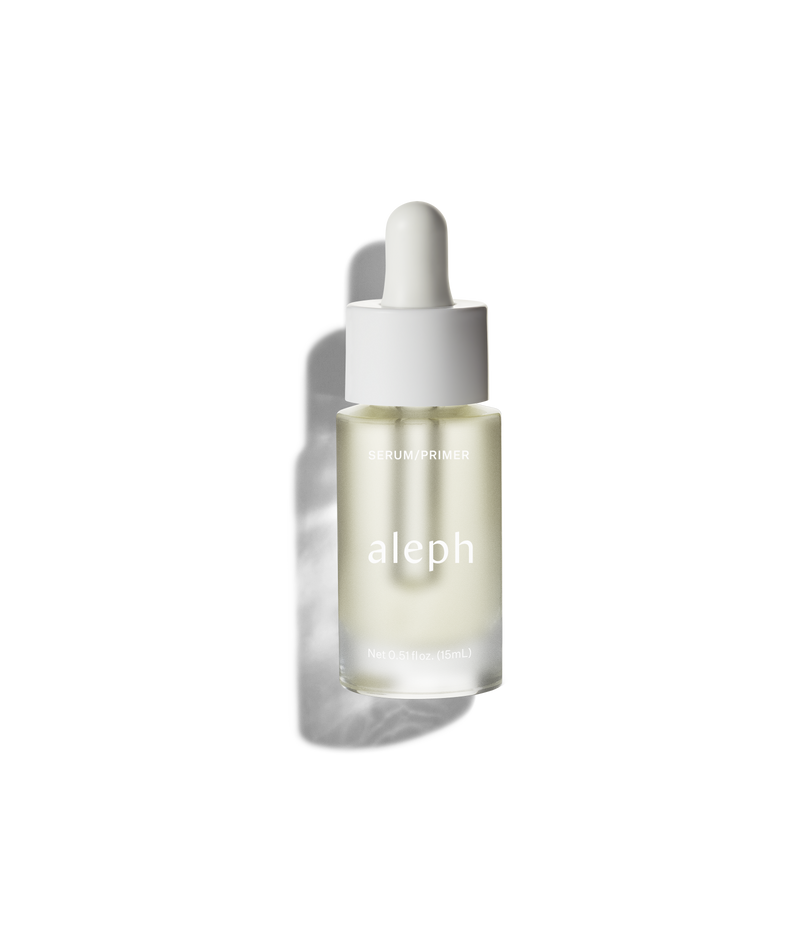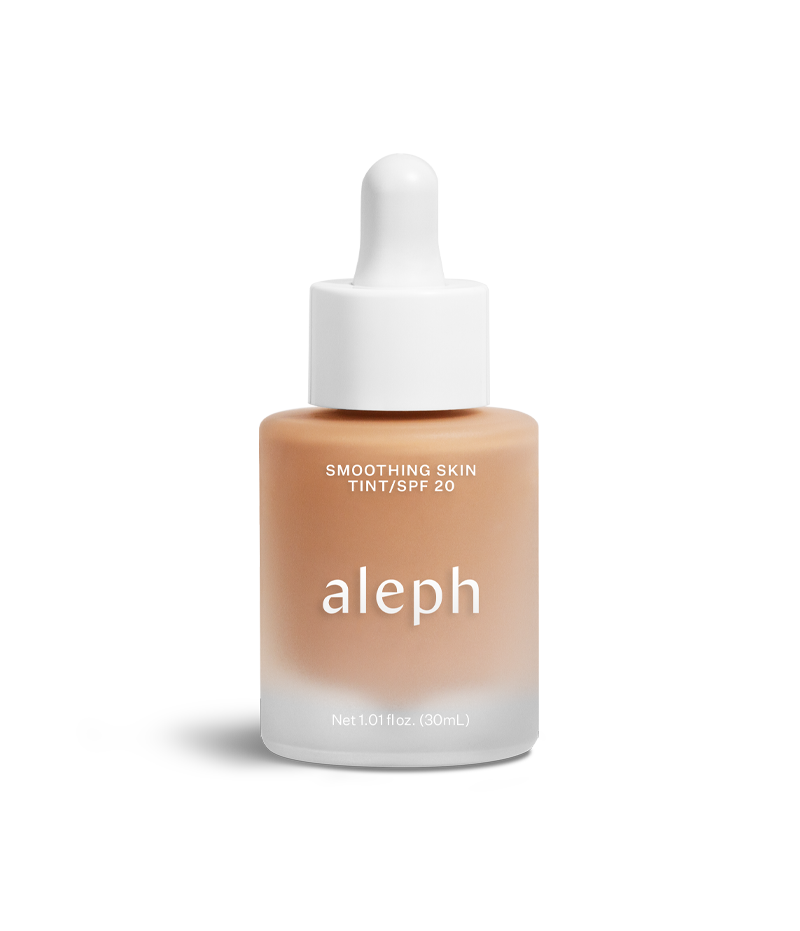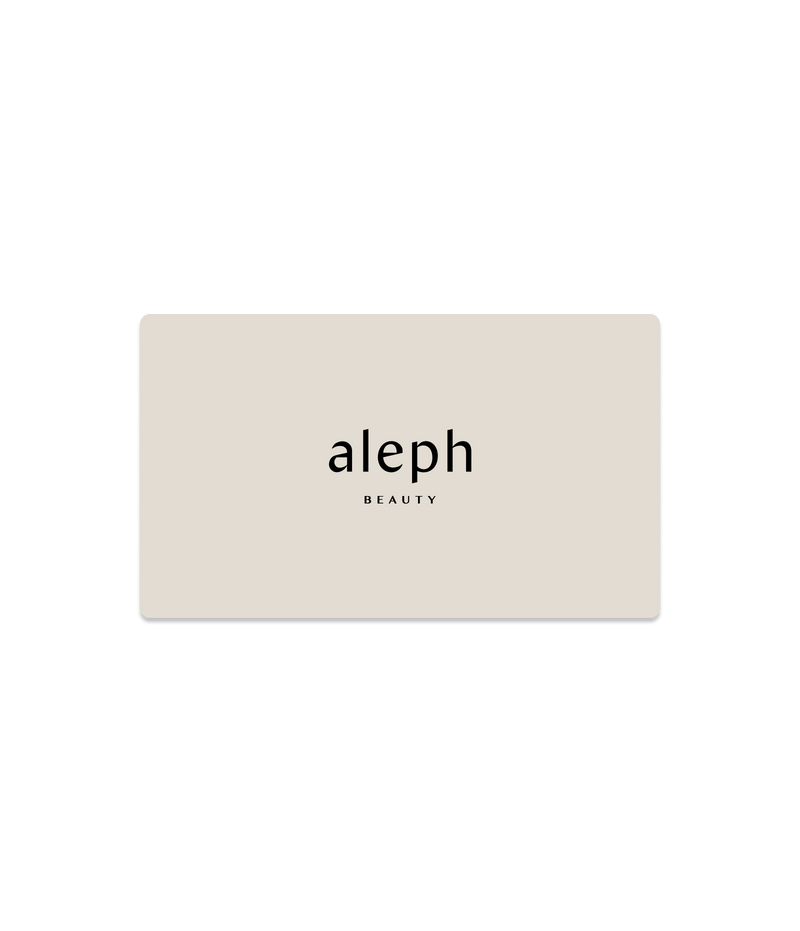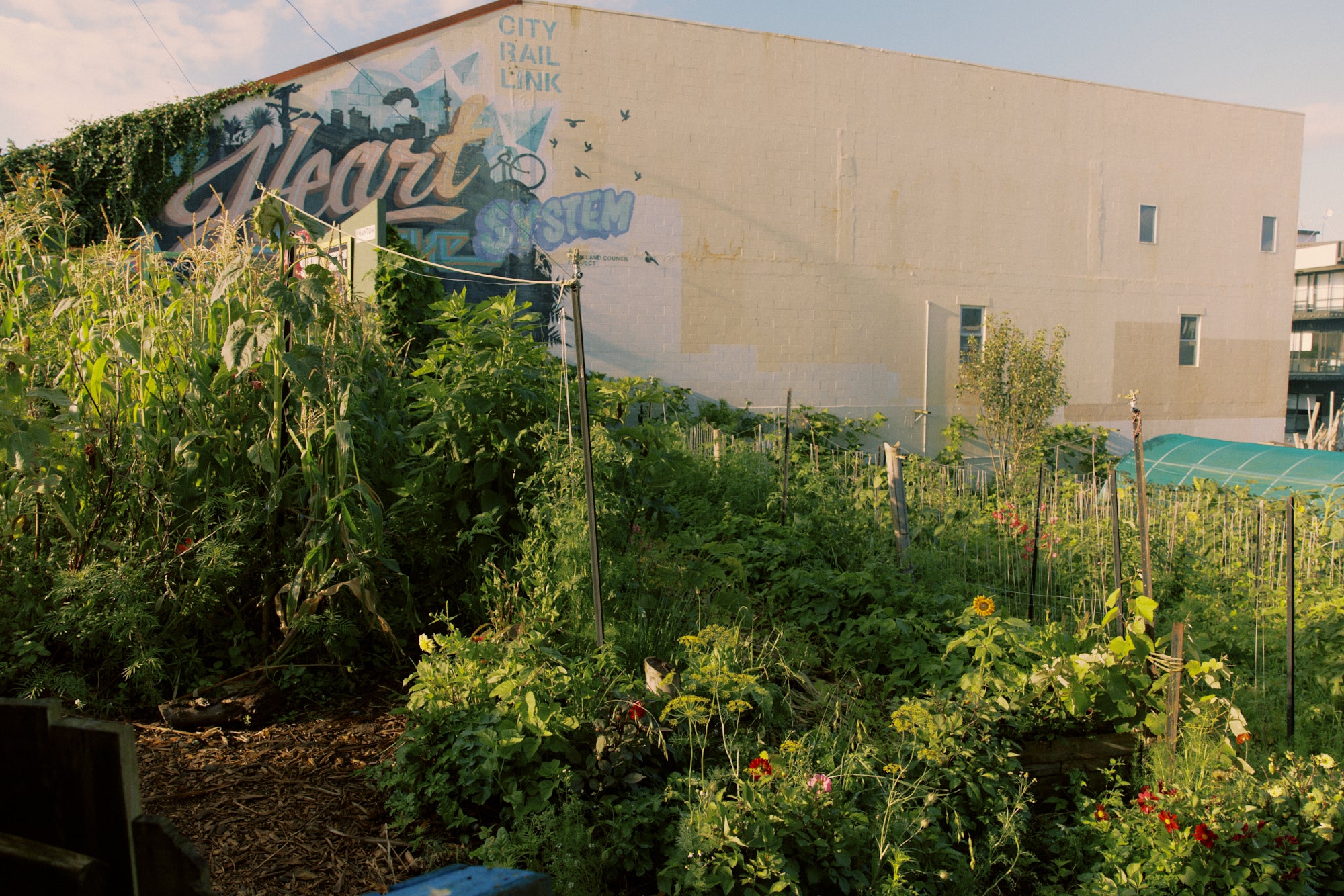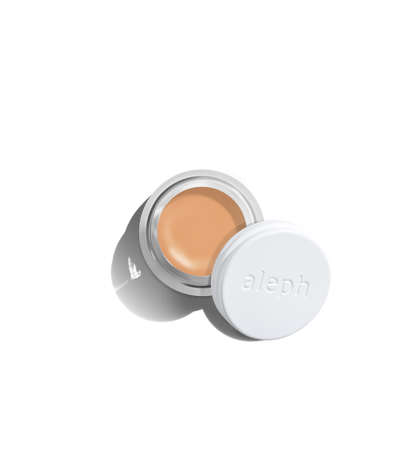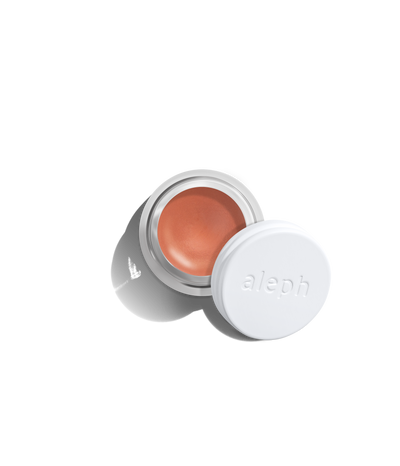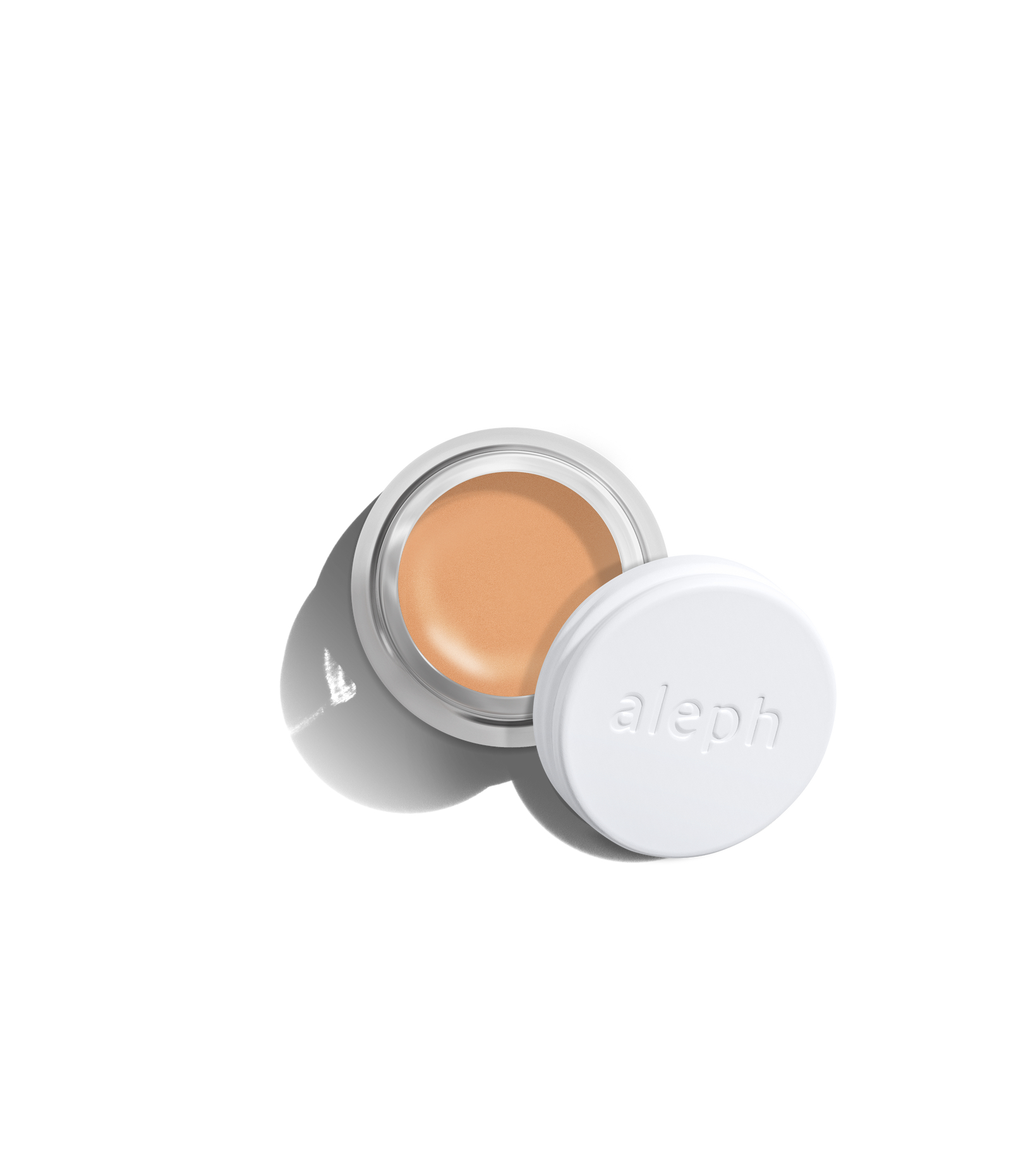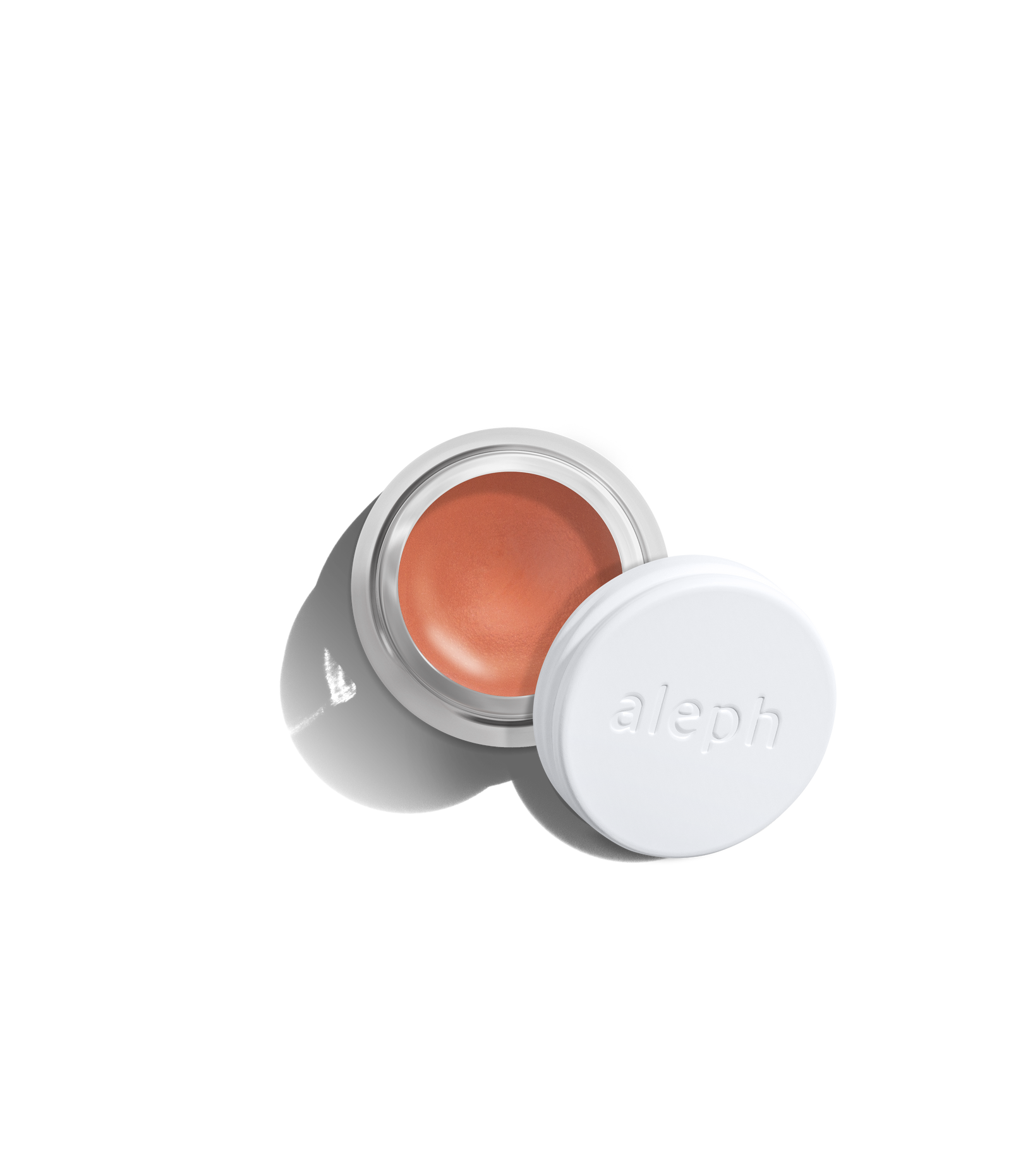For The Love of Bees cares about biodiversity at all levels, from pollinators and plants, to the earthworms, fungi and microbes central to the health of our soil.
They love to take people on a journey from the collective and collaborative nature of bees, to how their wellbeing relates to the microbial world beneath our feet and the power of plants to heal our planet. From spending time with them we learnt that in one teaspoon of healthy living soil there are more microbes than people on the planet! And that these microbes are the key to healthy, nutrient dense plants, as they can access minerals locked up in rocks and clay and make them bio-available for plants to absorb, and then for us to eat. They form a symbiotic relationship with plants and together enable carbon sequestration, and water retention for drought and flood resilience.

We caught up with Ruth, Chair of the FTLOBs Board of Trustees, and Kathryn, the Project Lead at FTLOBs. Ruth has a health and charity background and is also an avid home gardener. She's seen firsthand how access to nutritious food has a positive flow-on effect in our communities, "I'm passionate about the work FTLOB does to grow hope through food."
Kathryn has a unique multifaceted role with the FTLOBs, which involves designing and developing their projects and educational offerings, making sure they align with their FTLOBs tagline 'Growing Radical Hope Through Food'. Kathryn has always been passionate about cooking, "Making sure our communities have access to a variety of nutritious whole foods is important for our collective wellbeing - but it's also a joyful thing! Have you ever plucked perfectly ripe fruit from a tree? It's those simple things that can nourish us. Our current food system is so disconnected that you could easily live your whole life never knowing what perfectly sun-ripened fruit actually tastes like."
Here are Ruth and Kathryn on the importance of International Earth Day and how For The Love of Bees is nurturing our earth's biodiversity, creating resilient ecosystems, and how you at home can reconnect with nature through growing your produce.

How has COVID-19 and the global living crisis affected your community?
Covid revealed many weaknesses in our food supply chain, but it was also a time when people turned to their gardens, pantries and kitchens and learned new skills. As the cost of food has continued to rise, this interest in learning to grow food has increased, both at the ‘backyard’ level and from a new generation of farmers who want to grow food in a way that is better for our ecosystems (and resilient to climate change). We have developed a five day Earthworkers Course to share knowledge and skills and following the course participants get ongoing expertise and peer to peer support.
This next generation is using regenerative practices that go against the grain of New Zealand’s agricultural norms. These are the people who will make sure we have reliable food in our future and they aren’t receiving enough support for the innovative work they are doing. As a community we need to be investing in our 21st century farmers. - Ruth and Kathryn
With the recent lost some key central funding, what's the best way for our community can get behind to help that FTLOBs survives?
You can support us by joining our annual membership, it’s just $150 a year or $12 a month and will help us to continue growing food and educating in Auckland city and beyond. Visit our website fortheloveofbees.co.nz/donate for more information. We really value everyone's membership contribution as it helps diversify our funding and aligns more closely with what we teach and how we grow, utilising diverse and complex groupings of plants and microbiology to accelerate regeneration of our soils, and in turn our gut microbiomes and general wellbeing. Many thanks to those who do join and help us build a momentum for regenerative change in our local neighborhoods. - Ruth and Kathryn
FTLOB runs Auckland EarthWorkers programs that focus on regenerative practices. Tell us why microbial health is so important to our soil?
Soil microbes don’t get much attention because they are…well, buried beneath our feet. But soil microbes are essential to the health of our planet! Healthy soil microbiology is diverse. You need lots of different insects, bacteria, protozoa and fungi. This community of microbes works together and helps plants grow strong and filled with nutrients.
Many gardeners spot a pest in their veggie patch and immediately turn to a fungicide or insecticide, these chemicals can kill your pest, but they kill the good soil microbes too. It’s similar to how taking antibiotics can negatively impact the gut. - Ruth and Kathryn
As winter edges closer, do you have any winter tips for fellow gardeners and urban farmers to help encourage biodiversity?
Winter can be a less inspiring time to grow - but even if you’re feeling unmotivated (or leaving on a holiday and unable to tend to your garden) don’t leave your soil bare. Keep your soil planted with a cover crop, this will help maintain the soil microbiology you currently have working for you. A cover crop will also reduce soil erosion in heavy rain and because you are filling those empty spaces - weeds have no opportunity to take hold. - Kathryn
How are you acknowledging Earth Day this year?
Earth day falls on a Saturday this year so I’ll probably be at home cooking something from this week’s Autumn Veggie Box. We have the most vibrant magenta pink radishes growing at our urban farm (O.M.G Organic Market Garden on Symonds Street) right now, so I’ll be creating something with those.
I’ve also got to use up some feijoas - though those don’t come from the urban farm. There would be no point in us growing feijoas! Our mission is to model how urban spaces can have locally produced abundant produce…but feijoas are already doing that without any help.
- Ruth
And finally, tell us what are your beauty resolutions for this year?
I have been really enjoying using a face brush in my daily/ weekly routine to refresh and exfoliate my skin. I don’t regularly wear make up, however this exfoliating routine leaves my skin feeling smooth and ready to apply foundation and Cheek/Lip Tint when I feel like an extra boost. My skin is really sensitive and Alephs values of no toxins in their products gives me confidence. As well as their ingredients being kind to animals and the planet, which really aligns with what we celebrate at For The Love Of Bees, learning to be aware of the interconnectedness and beauty of all things.
At Aleph Beauty, we believe in putting people, planet, and animals first. So we continue to honor Earth Day this month by celebrating our membership to 1% for the Planet, an organization that holds committed companies like us accountable to donating 1% of all revenue to environmental causes.
For The Love of Bees is one of our chosen charity partners because we share their vision of prioritizing biodiversity and regenerative practices to live a better life in support of our people and planet.
Shop Earth Friendly makeup here
Photographs by: Kate Micaela


 BACK
BACK

